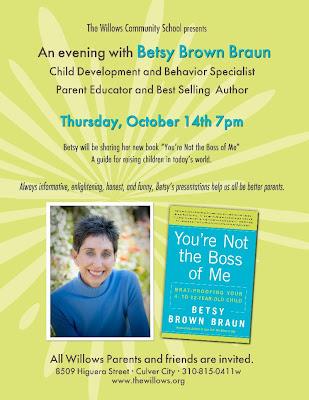From everything I’ve read, there’s a lot of conflicting opinions regarding homework at the elementary school level. Those in favor of it believe it promotes responsibility and makes the parents more involved; those opposed think it interferes with more important aspects of a child’s time (and can lower self-esteem).
But I think it’s a lot more nuanced than that. My daughter switched in 4th grade from public school to Mirman. I had heard horror stories about the homework at Mirman: freaky little prodigies obsessing over homework in carpool. So I wasn’t sure what to expect from the school, or from my daughter’s reaction to whatever change there was going to be.
Mind you, she had no shortage of homework at 3rd St. elementary. In fact, I would say that that school’s homework approach was, “let’s give them a lot, then add more.” In 1st grade, my daughter had a teacher who really piled it on. Pages upon pages of boring worksheets. Reprimands for six year olds who didn’t complete it all. Even reports with detailed instructions that only an adult could complete (her animal report, on the black widow spider, was really my best effort all year. I received excellent marks for that one).
By 3rd grade, though, she had it down. She’d come home, plop down, and scrawl through those worksheets as fast as she could. In 15 minutes, she’d be done and on to playtime. It was doubtful she’d done her best work; she didn’t care as long as she got it out of the way.
So I wondered: what would Mirman bring? Thus far, Mirman’s approach is to use homework as a path to organization and long term planning skills. Anna is given a list for her week’s homework on Monday, and it’s her job to complete as she sees fit. Other classes assign more during the week. She also has reading to do every night.
It sounds like a lot, and it kind of is, but her response to it is very different than when she was at public school. She has Homework Club after school on Mondays, and she completes much of her weekly quota there. She has started, of her own accord, keeping an agenda and scheduling her work. Most meaningfully, she doesn’t resent or rush it the way she used to. All the homework reflects the week’s lessons, much of it is interesting, and none of it is busy work. In other words, the homework’s very existence makes sense to her, as there’s a good reason for everything assigned.
Now, she cheerfully comes home and heads upstairs for study time (yes, she has tests and quizzes, and the school teaches the students how to take notes during class and study them later). There have been no fits or stubbornness regarding the work. I’m curious to see how she handles the inevitable long term reports and assignments, since, ironically, after 1st grade she never had another report to do outside class.
The one time she was overloaded with a book that was beyond her reading level, it was handled with extraordinary grace and sensitivity. She was allowed to choose another book, one she could realistically complete in the remainder of the time, and keep her self-respect intact. I was impressed.
All in all, if you’re considering an academically challenging school like Mirman, but are worried about pressure, don’t worry! All in all, my kid is so intrigued by what she’s learning during the school day that homework is just an extension of that excitement. And, although she has a longer school day and more work once she gets home, she’s learning to manage it so she can fit in her other activities, like softball, piano, and tennis. I can’t speak for anyone else, but so far, the homework scene at Mirman is just fine, and I’m confident that it will prepare her for the ever greater academic challenges provided by middle school, high school, college and beyond.
Jenny Heitz has worked as a staff writer for Coast Weekly in Carmel, freelanced in the South Bay, and then switched to advertising copywriting. She has been published in the Daily News. She now writes about gift ideas and products on her blog, Find A Toad.

